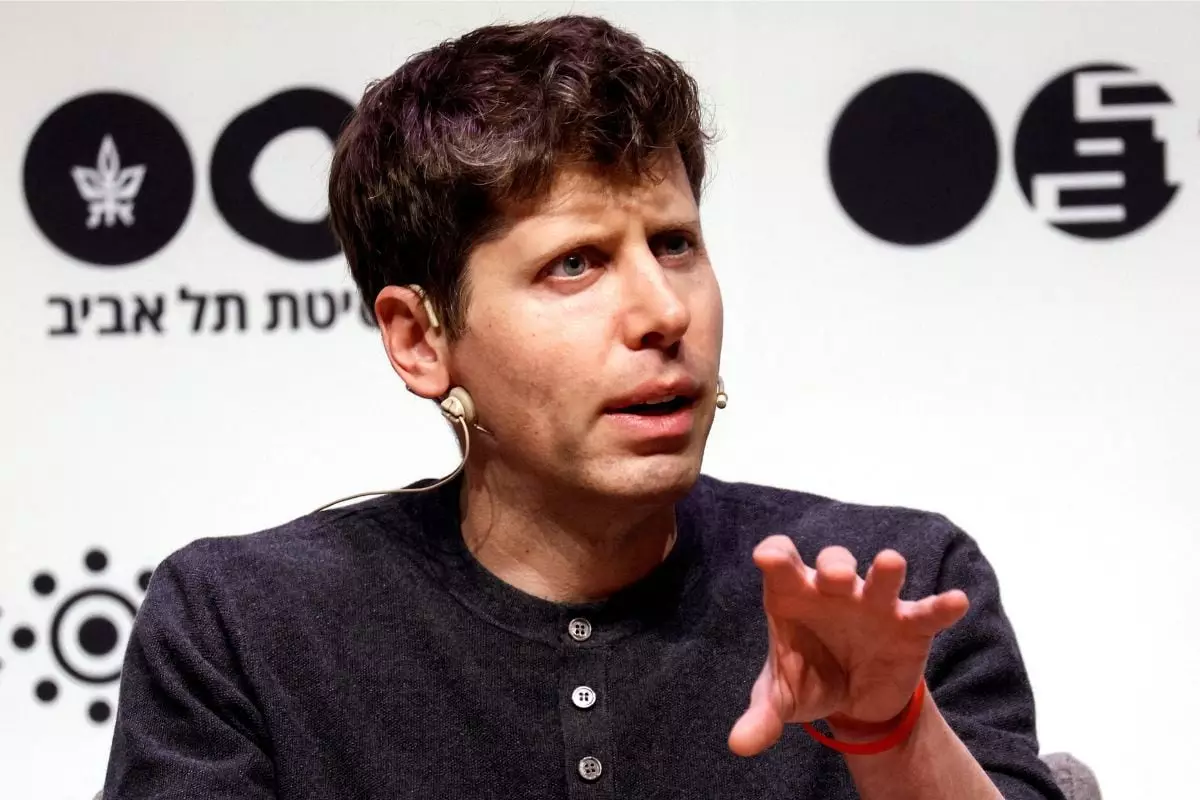The recent announcement from OpenAI regarding its adoption of Anthropic’s Model Context Protocol (MCP) marks a significant turning point in the way artificial intelligence interacts with external data systems. CEO Sam Altman’s declaration that OpenAI’s Agents software development kit (SDK) will incorporate MCP opens up a dialogue not only about innovation but also about the ethical implications of standardizing AI interactions. This decision signifies a recognition of the chaotic landscape of AI integration, where varying methodologies lead to unpredictable chatbot behavior.
The Standardization Dilemma
At the heart of the MCP’s introduction is the promise of a standardized approach for AI systems to connect to multiple data sources. This is crucial, given the current fragmented nature of AI technology. Developers have long faced significant challenges in ensuring that their chatbots interact consistently with external databases, leading to issues such as inconsistent responses and unreliable data retrieval. By standardizing connections, MCP aims to level the playing field, yet the multifaceted needs of different systems pose a challenge to truly achieving uniformity. In a world where one-size-fits-all rarely fits well, one must question whether this move to uniformity might stifle the individuality of AI development.
Impact on Developers and User Experience
The adoption of MCP may also illuminate the ever-present tension between developer autonomy and user experience. While OpenAI’s push to integrate MCP is likely to streamline development processes and enhance user engagement, it risks homogenizing the chatbot experience. Users may find themselves faced with bots that, while more reliable, lack the unique traits that set them apart. Will this lead to a more user-friendly environment, or will it dilute the variety that comes with diverse AI personalities? The idea that users could soon enjoy seamless integrations with Google Drive and Slack sounds appealing, yet it raises concerns over whether these systems will ultimately empower users or create a bland, indistinguishable AI landscape.
The Broader Impact on the AI Ecosystem
Delving deeper, the effects of OpenAI adopting MCP extend beyond just technical efficiency; they beckon a broader discussion around the ethics of AI standardization. By adopting MCP, OpenAI not only positions itself as a pioneer in promoting open-source collaboration but simultaneously wades into murky waters. The introduction of a standard protocol begs the question: who truly benefits? In promising thousands of integrations, is there a risk that smaller developers will be overshadowed or forced to conform to standardized frameworks, resulting in a loss of innovation? As OpenAI advances this initiative, the community must remain vigilant, advocating for a balance between standardization and individuality in the rapid evolution of AI technologies.
The Arrival of a New Era for AI
With MCP’s adoption serving as a catalyst for OpenAI’s trajectory, it represents a larger shift in the AI industry. The excitement expressed by Anthropic’s Chief Product Officer, Mike Krieger, underscores that MCP adoption signifies not just enthusiasm but a collective potential within the AI community. However, as we enter this new era, it is imperative for stakeholders to engage in discussions about the consequences of this shift — both positive and negative. As AI continues to evolve, the conversation surrounding ethical standards, user experience, and innovation must remain at the forefront. Only then can we ensure that this powerful technology is harnessed appropriately, paving the way for a promising yet prudent AI future.

